

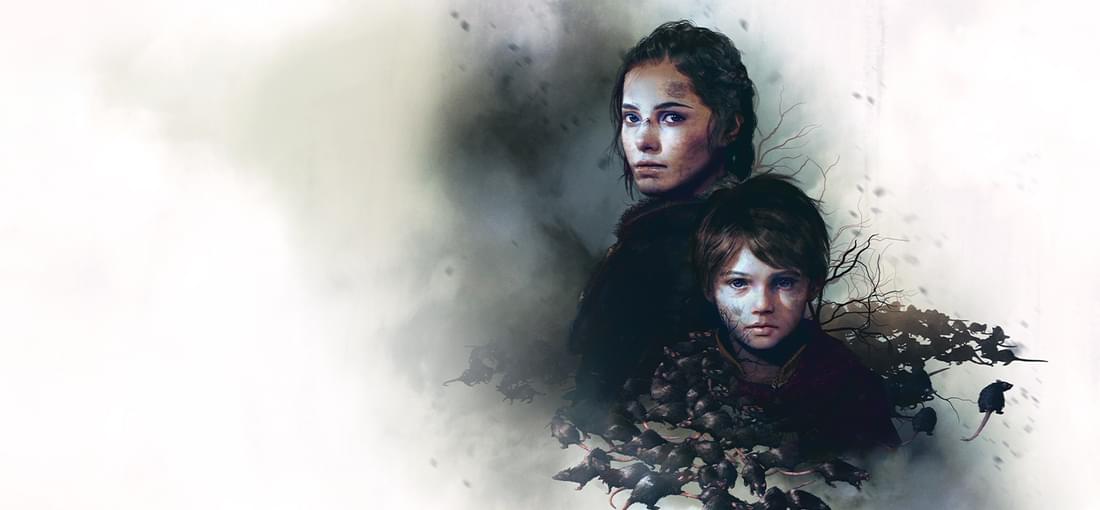
As long as you set expectations, A Plague Tale is an immensely rewarding experience. The focus on the game is on storytelling; as such, it's very linear, stitched together with a variety of cinematic sequences. Just give yourself over to what the game intends to be, and you'll be drawn into a chilling, atmospheric drama set during the Black Plague. Basically, this game is a less scary, more open version of Resident Evil 7. It's linear like RE7, it's focused on a sequence of checkpoints you have to reach, and it even has a basic crafting system very similar to RE7. It's a complement to both games, really. While there is a lot to do, this is not a puzzle-based game; the story holds your hand every step of the way---all you have to do is execute. But the world-building and graphics are so crisp, the action so surprising, and the story so compelling that it's a pleasure to do each of the things asked of you. Plus, being able to play as a badass knight's daughter in the 1300s, where most of the game you havve to protect a young boy clinging to your waist, is a really cool twist on traditional mechanics and heros. It's refreshing to have a setup other than some muscular hero running around slaying everything in sight. Amicia is amazing; all the voice acting is good but the actress who plays her is especially empathetic. Overall, highly enjoyable. Especially for those who like collectathons, as there are a lot of items to find in this game, and several are very well hid. The achievements are satisfying, and some of the collectibles provide historical information that is educational and accurate. It does drain a lot of hard disk space, so make sure to clear a little room for it before you install.
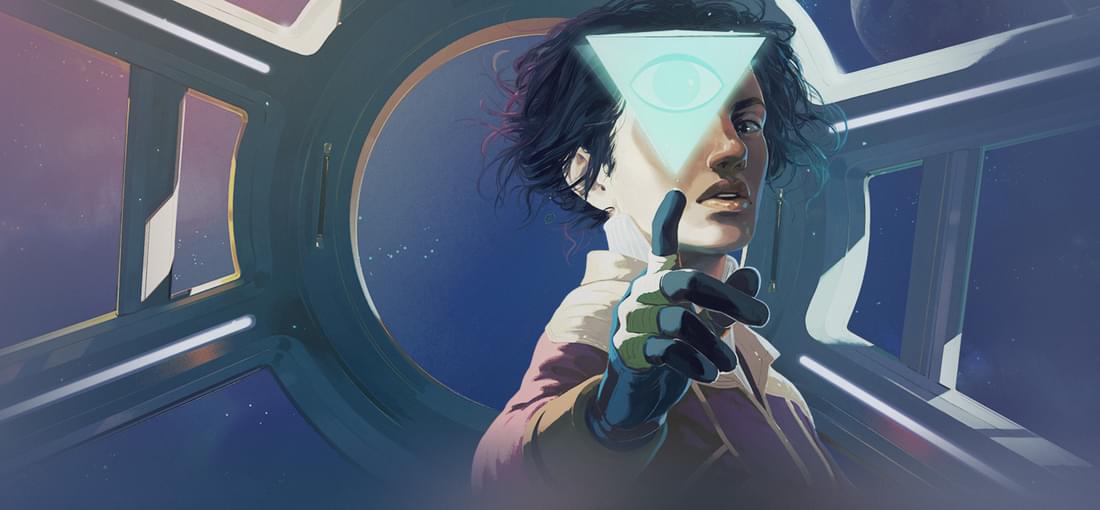
Tacoma is about storytelling. It's a highly creative approach to how video games can be used to tell stories. No puzzles, no combat, no storyline branches. This game is intended to be peaceful and styled to fit all paces. Since it has a save & quit feature, you can take it in whatever chunks you want, although the whole story took me just under 4 hours. The space station Tacoma is beautifully rendered, and the story spools out at a very nice pace. There are a few easter eggs to hunt for as well, although the team did not load the achievements up into GOG for some reason. Make sure to hunt for missing letters and the kitty cat. Anyone who likes inventive storytelling or who is looking for a peaceful alternative to the normal run and gun frenetic game, this is for you. Closest in style to Edith Finch or Ethan Carter.
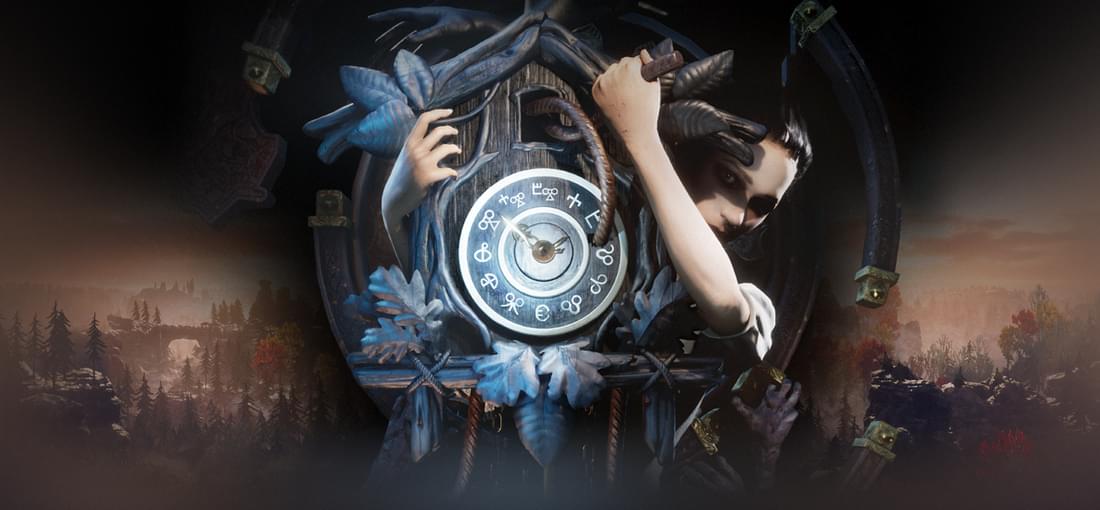
Someday You'll Return is a peaceful, yet unsettling descent into the madness of one man's mind. The experiences it's most like are SOMA and Through the Woods, which is high praise. Like those titles, SYR weaves together breathtaking vistas, great music, Czech folklore, Czech countryside, and a dark story to make a really affective and memorable journey. The elements SYR brings together are remarkable. A large part of the adventure involves hiking a gorgeously rendered countryside, which is really peaceful and detailed, including trail maps and informative poster boards that highlight local flora, fauna, and landmarks. But it also includes cool mechanics like brewing magic potions and climbing walls realistically. Another brave and beautiful choice is to have the gamer control an anti-hero avatar. So many games make us the hero of the story. But Daniel is offensive and sometimes downright evil. Not only does this allow for distinct storytelling possibilities, but it also is just refreshing to be a flawed and unlikeable character for a change, however much the final chapters prove redemptive. Some players have complained about the stealth mechanics in chapters with enemies, but the comparison to the other games above is crucial. SYR is not attempting to be Outlast. If you don't treat this as an outwit the monsters game, and instead just follow the in-game instructions provided, most enemy-laden areas are easy to pass through. That is because the aim of this game in part is atmosphere and immersion, not anxiety-inducing terror. The developers want to draw you into this forbidding world, not make you flee for your life. It's not perfect, and some of the story is a bit opaque, but the strong voice acting and excellent music choices keep the emotional power present enough that I was engrossed the whole way through. Czech fairy tales and monsters are awesome, and I hope CBE makes another title like this one!
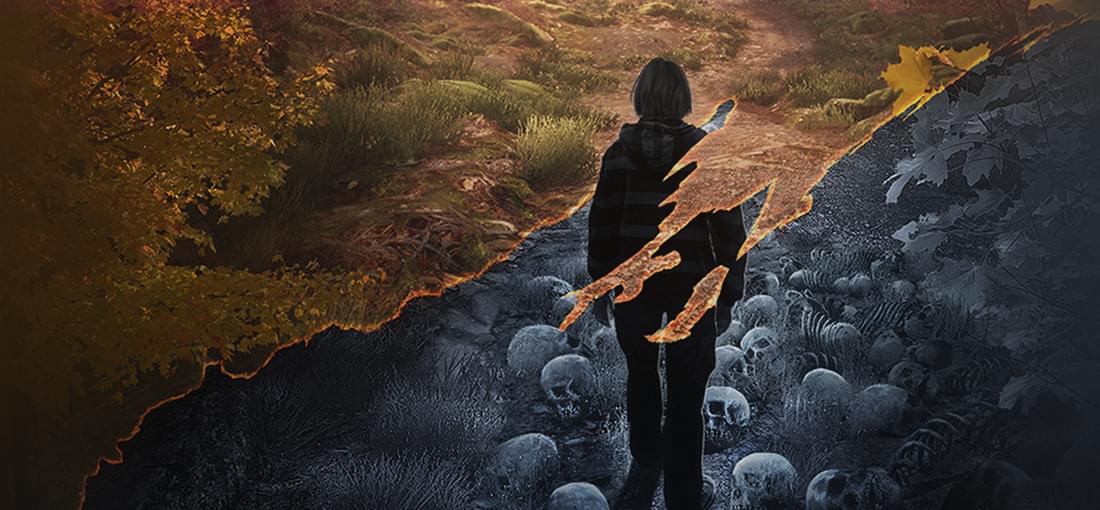
A gentle, eerie, unsettling mystery story that slowly unfolds as you explore a gorgeously rendered world. This is not for those seeking a lot of action; Ethan Carter is more meditative than anything. But its puzzles are challenging and satisfying, and it's compact enough as a story to not be overly tedious. There is an unfortunate backtracking element; if you miss any puzzles (and like other reviewers here I failed to grasp the basic mechanics of the game until much further into it), you'll have to revist areas that are incomplete. Strangely, Ethan Carter makes it possible to instantly warp to the areas you need to complete ... but not warp from them to anywhere else, leaving you with some lengthy treks back. Still, walking through this world, with a splendid OST for companionship, is quite restful and enjoyable, and I found myself more grateful than anything that, in contrast to the frantic games most of us played, this one slowed me down. A spoiler-free comment on the story: Some have found the ending gimmicky, but this might be a mistake. I think as you interpret the events of the game, you should use as your lens the motif mentioned along the way that there are "stories within stories." I suggest not taking the ending as a literal description of events, but a literal event followed by a child's imaginative attempt to heal their division in their family (through tragedy). A spoiler-filled comment on the story: I take the ending to be that Ethan has spent the day working on the Prospero story, which we enact as Prospero, and each of the murders are Ethan imagining punitive outcomes to his cruel family. We witness them in real time mocking him and chastizing him at the end, but when his mom swings the lamp, I take it that this is Ethan imagining yet another tragedy (much like his other stories) that would make his family regret their actions towards him. It's almost like a revenge story.
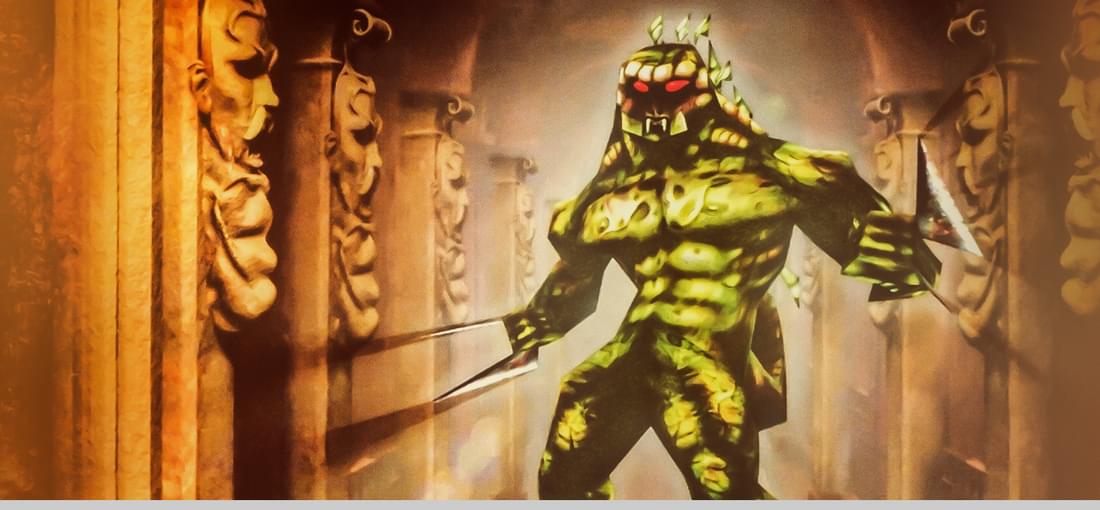

This is a pretty hesitant recommendation. I grew up playing Unreal Tournament (the original), and loved it. For some reason I never got around to playing Unreal. So after all these years I thought I'd try it out. Given how brilliant the level design and action is in Tournament, I expected this to be a pretty compelling single-player. But, I don't know, it doesn't feel much of a step beyond Quake. There are some pretty vistas for its time, but the combat feels stale, and the level design is utterly bizarre. I'm often running around a map looking for a random button, which yeah, I know, is the basis of Doom and Quake, but their buttons seem to me a bit more obvious. Unreal has messages and some semblance of a world order, and yet the means of level progress feels more opaque than the older shooters. Half-Life and System Shock are far more advanced both graphically and in world-building than Unreal, which is quite surprising given that it came around the same time. I'm only about a third of the way through the game, so maybe it will improve, but for now I would say this is just an average 90's shooter if you need another one.
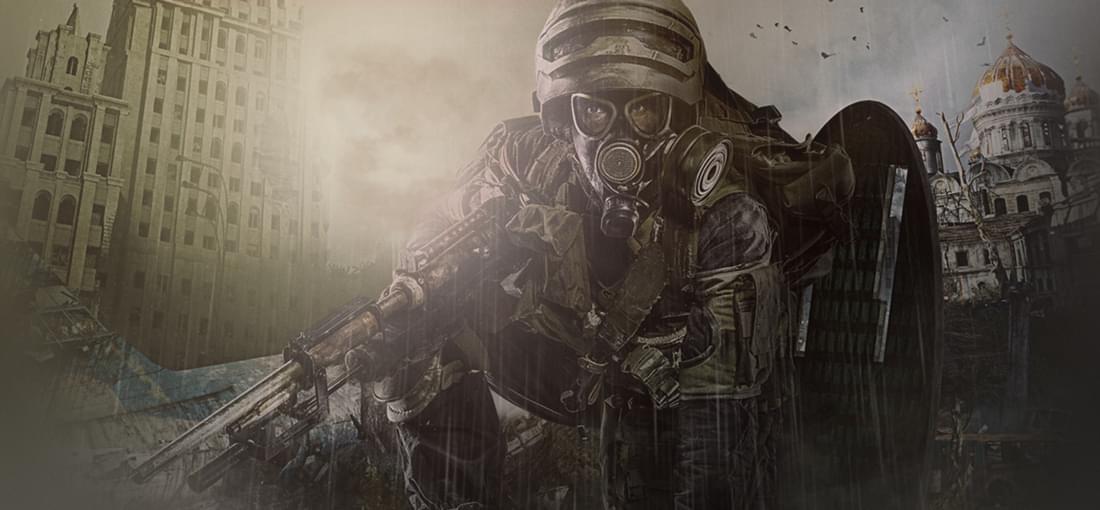
Not quite as good as the first Metro ... too many cinematic sequences, too many tedious "boss battles." But all the things the first Metro game got right are back in spades: great storytelling, vast world-building, and excellent stealth combat levels. If you loved the first Metro, there's little reason to not play this one also, as long as you don't expect it to be better than the first.
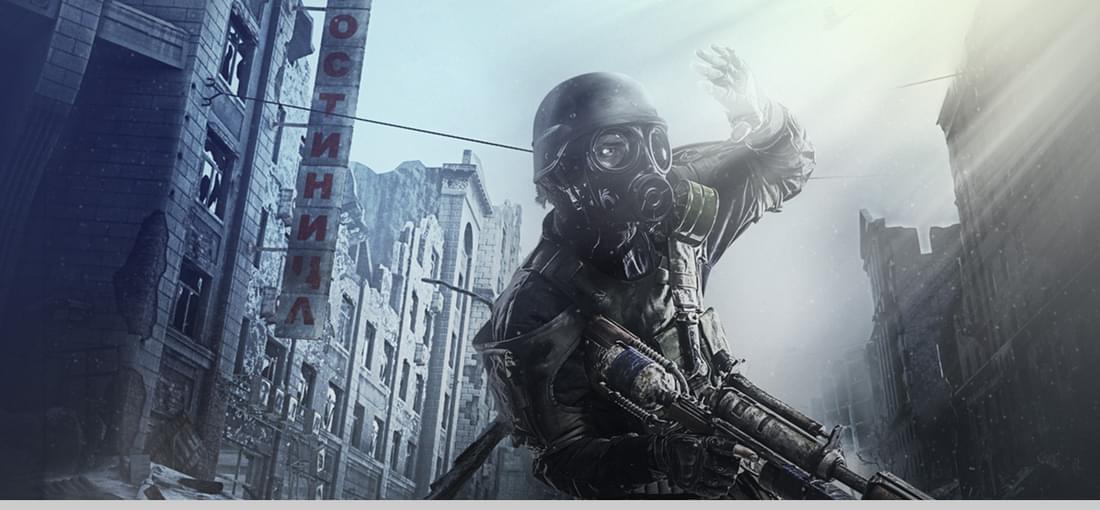
A beautiful game that combines a range of experiences. Some maps involve surviving waves of enemies, some maps are rail shooters, some maps are combat-free city explorations where you mingle with the locals and trade for needed resources. My favorite maps are the ones with human opponents, which allow you a wide range of playstyles. You can go with the stealth approach and sneak past them, or go for essential stealth kills, or you can alert them to your presence and engage in all-out warfare. Since the AI and NPC models are so well done, combat is extremely fun whatever approach you choose. Not all the levels are equally compelling. I've played Frontline over and over because it's so brilliantly designed. It's fun trying to figure out all the different ways you can complete the mission. But some of the rail shooter maps I find a bit boring. It's much better when giving you experiences full of mystery and astonishing world-building. I've never played the original, but Redux seems about as good as story-driven games can be. Highly recommended.
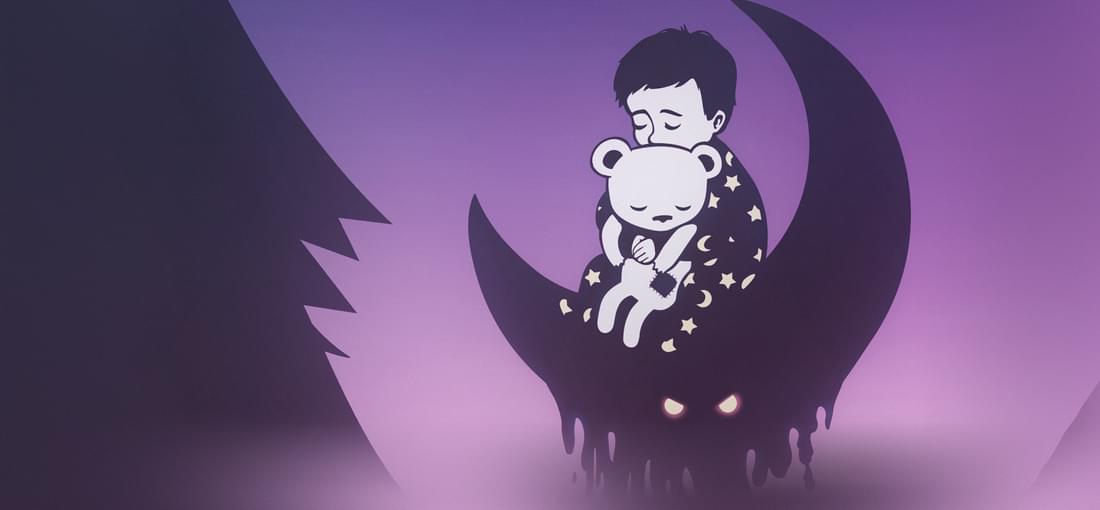
Among the Sleep probably has minimal replay value, but as an original virtual experience and psychological exploration, it's really worth at least one play through. You play as a toddler in search of their mother, with only a talking (!) teddy bear for comfort and guidance. The world-building is very good; you see everything through the eyes of the kid, which leads to some fairly fantastical levels. The experience also has compelling atmosphere: sound design, lighting, and visual effects all work very well to fill the player with foreboding and dread. As far as a stealth horror experience, this title is more like a video game companion to The Babadook, running a similar sort of story. As such, the focus is more on the narrative and tension than on outright running and hiding from monsters. I felt this was a bit of a mistake on the part of the designers. The original concept was to have imaginative childhood apparations chasing you through the whole game, but this really only happens in the middle level, the overgown house. It's a shame because the game needs more of a sense of threat. At least one level has it, and it's a lot of fun, especially given that you're a tiny child that can hide under so many objects. Among the Sleep is best experienced in a single playthrough, so that tension and dread is sustained. Carve out three hours, and spend some time discovering how scary the world can appear to a little child.
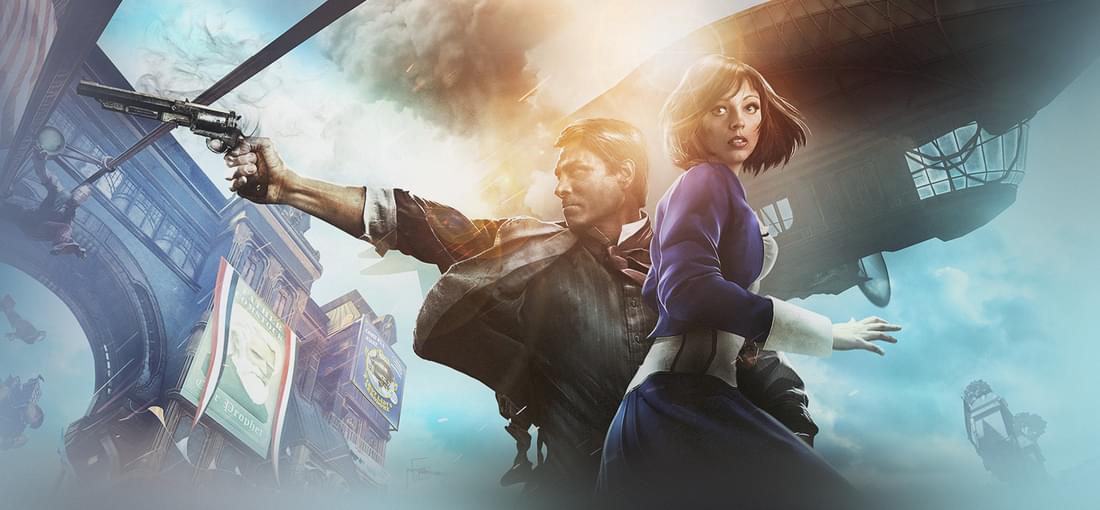
Normally I hate it when games put 'infinite' or some such in the title -- Halo Infinite, Doom Eternal, etc. -- but the story of BioShock Infinite makes good on the claim. Stunning world-building, plus a tangible protagonist with his own voice, and one of the best AI companions since Alyx allows the developers to weave a mind-bending philosophical tale of choice, guilt, and redemption. It's a dark story, and gory one, but the more I've meditated on the ending (and the two epilogues in Buried at Sea), the more satisfying it has become. There is a lot of great combat opportunities here, and myraid ways to fight, but the game does a good job of also filling its story with non-combat exploration and mystery. The characters are fantastic -- you care about them and their fate. It's not quite the same experience as BioShock; mechanics have been changed, and unlike BioShock there isn't much in the way of continuous combat (just moving between staged arena battles), but the game excels in so many other ways it doesn't really matter. My favorite part is actually Burial at Sea Part 2. The addition of stealth mechanics for Elizabeth is a blast, and "Peeping Tom" quickly became my favorite Plasmid. It fundamentally alters the nature of enemy encounters, and I wish the Clash in the Clouds arena showdowns had a component to make use of those mechanics. It's also nice to return to Rapture and see the various storylines drawn together in a grand, if confusing tapestry. Just makes for more replay value! I still think the original BioShock has the strongest storytelling, and BioShock 2 has the smoothest combat, but BioShock Infinite is a worthy and fascinating addition to the series. It continues to explore the darkness of the human heart. For such a depressing view of religion, one thing is for sure: the developers of BioShock are believers in original sin. A must play.
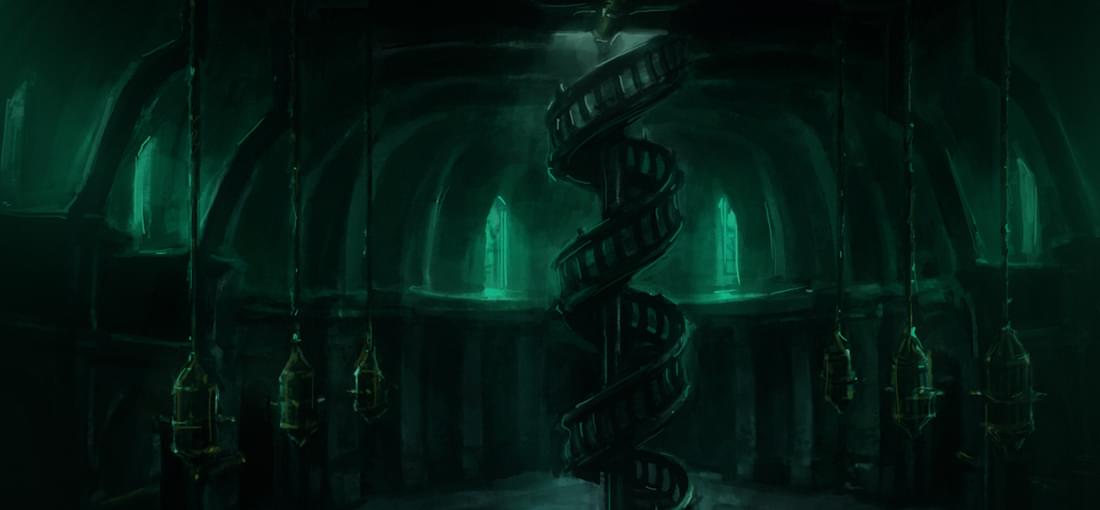
Amnesia is not primarily a terrifying game. It's aspirations are deeper than that, more ambitious. Amnesia aims to soak into your bones, to place a knot in your stomach that won't let go; in a word, to fill you with dread. While not the most sophisticated gameplay experience I've had, the attention to detail with the chilling castle, the excellent use of darkness, the disturbing storytelling, and finally one of the best horror soundtracks in the business make this a very satisfying and immersive descent into depravity. The conceit is one Frictional has deployed elsewhere with SOMA: both The Dark Descent and Justine feature protagonists who have drunk an amenesia elixer, and so are learning about their own agenda through the gameplay. This creates an absorbing approach to storytelling as the player pieces together the plot threads. Discovery is not always a good thing, and Frictional plays with our innate assumptions that our avatars are the heros ("the good people"). So the game's revelations are particularly striking when we discover who we really are and what we've done. There is some mature content here, so be forwarned. I'll note that on normal difficulty the monsters are fairly minor in impact. I spent very little time engaging in stealth or fleeing from monsters. The real potency of the game lies in its atmosphere, it's blood-curdling environment and the way the environment affects the psychology of your avatar. Don't buy for the monster experience; buy this for a journey down into the belly of the beast. Justine is a nice experience. For those who can't find the DLC, you have to use the Amnesia launcher first, and then click the Justine button. It's a short experience, but it's also a bit ruthless, as there is no save, so if you die you have to start all over. Still, it provides a nice supplement if the original experience wasn't quite long enough for you.